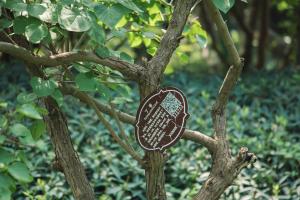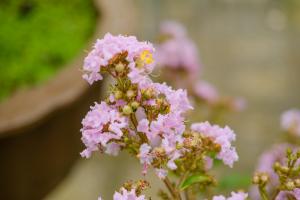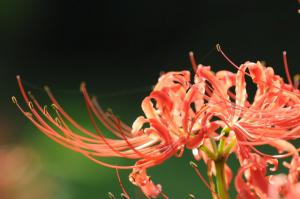When to Plant Citrus Trees in South Africa
Citrus trees are a staple crop in South Africa, renowned for their delicious fruit and ability to thrive in the country’s warm, sunny climate. If you’re looking to start your own citrus orchard, however, you’ll need to make sure you plant your trees at the right time of year. Here’s what you need to know about when to plant citrus trees in South Africa.
Understanding South Africa’s Climate
Before you can decide when to plant your citrus trees, it’s important to understand the climate in South Africa. Most of the country is classified as either subtropical or Mediterranean. This means that temperatures can vary significantly depending on where you are, but in general, South Africa has hot, dry summers and mild, wet winters.
The Best Time to Plant Citrus Trees
The best time to plant citrus trees in South Africa is during the late winter or early spring months. This is because citrus trees prefer to be planted in warm soil, but planting them too late in the season can lead to frost damage. The ideal planting time will vary depending on where you are in the country, but as a general rule of thumb, aim to plant your trees in August, September or October.
Preparing Your Soil
Before you plant your citrus trees, you’ll need to make sure your soil is prepared. Citrus trees like well-draining soil that’s slightly acidic, with a pH between 5.5 and 7. If your soil is too alkaline, you’ll need to add some sulfur to lower the pH. Similarly, if your soil is too heavy and clay-like, you’ll want to add some sand or compost to improve its drainage.
Choosing the Right Variety
When it comes to choosing the right citrus tree variety for your orchard, there are a few factors to consider. Firstly, think about the climate in your area – some varieties do better in hot, dry conditions, while others prefer a bit more moisture. You’ll also want to consider the size of your trees and the types of fruit they produce, as well as their resistance to disease and pests.
Taking Care of Your Trees
Once your citrus trees are planted, it’s important to take good care of them to ensure they grow strong and healthy. This means providing them with plenty of water, especially during the hot summer months, and fertilizing them regularly with a balanced citrus fertilizer. You’ll also want to keep an eye out for any signs of pest or disease damage and take action quickly to prevent further spread.
In Conclusion
Planting citrus trees in South Africa can be a rewarding endeavor, but it’s important to make sure you choose the right time of year and follow proper planting and care techniques. With some careful planning and attention to detail, you can enjoy a bountiful harvest of delicious citrus fruit for years to come.

 how many times do yo...
how many times do yo... how many planted tre...
how many planted tre... how many pine trees ...
how many pine trees ... how many pecan trees...
how many pecan trees... how many plants comp...
how many plants comp... how many plants can ...
how many plants can ... how many plants and ...
how many plants and ... how many pepper plan...
how many pepper plan...






























